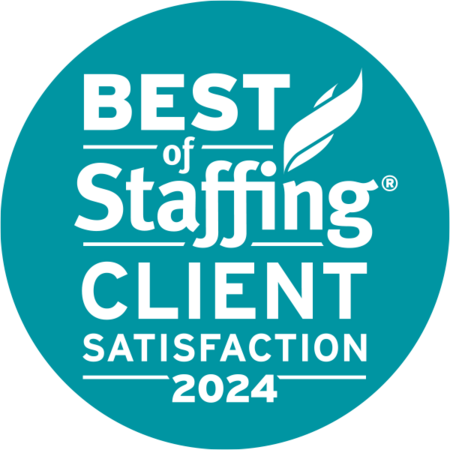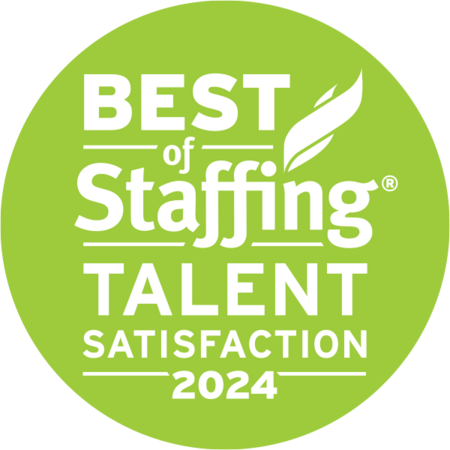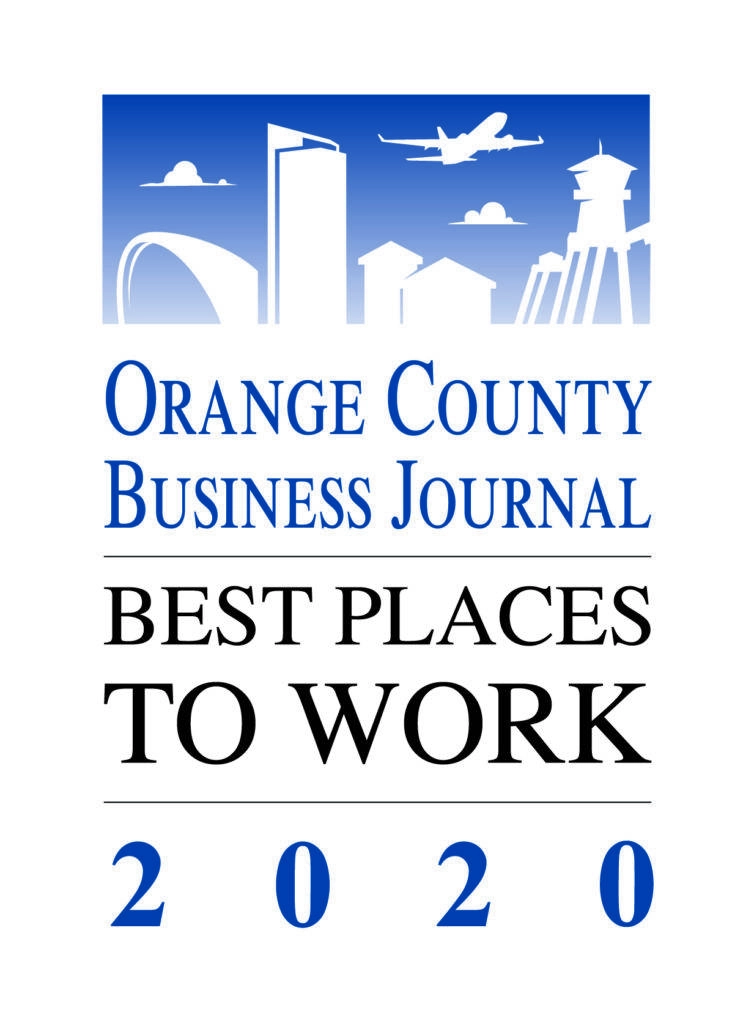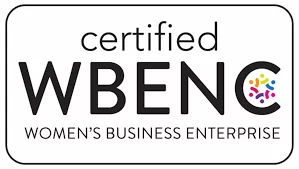Opening ourselves to new career opportunities can be both exciting and terrifying. It can also leave us vulnerable to various forms of self-sabotage.
As we discussed in last month’s blog, job seekers often succumb to Availability Bias, when we base our viewpoints on a limited amount of recalled information, and the Halo Effect, when we form positive opinions on something based on a fact that might not be relevant.
Today, we’ll look at two additional biases: The Overconfidence Effect and Confirmation Bias.
Overconfidence Effect
The situation: After a serious review of available job opportunities, you find a role you think is a perfect fit for your skills, experience and career goals. Congratulations — the world is your oyster! Not so fast. In this situation, job seekers can often shift their confidence into overconfidence.
The Overconfidence Effect occurs when a person’s subjective confidence in his or her abilities is reliably greater than the objective accuracy of those judgments. This leads to an illusion of control.
How does the Overconfidence Effect impact you?
You think you have hit the career jackpot and are an obvious choice for the role. Your hiring profile is exactly what the job description entails. You attended the same school or previously worked at the same firm as the hiring manager. You are a shoo-in!
Consequently, you don’t prepare for the interview as much as you normally would have and you bomb. Better luck next time.
Confidence is admirable, you deserve to be proud of your accomplishments and career aspirations. But any time you step up to the plate, respect the interview process, give it your all and knock it out of the park.
What can you do?
Overcoming overconfidence can be tricky. A simple piece of advice is to think about how you would tell someone else to approach an interview. Most likely, if you gave advice to a friend or coworker you would tell them to prepare for the interview as if their career depended on it. Why would you do it differently?
In a competitive job market, there are usually multiple candidates interviewing for every role. Imagine the competition and what they bring to the table. Think about how others may prepare and use that as a target for getting ready and making your impression.
Finally, pay attention to feedback. Incorporate any comments you receive—whether from the hiring manager, a stakeholder or an external partner—into your preparation and execution.
Confirmation Bias
Confirmation Bias occurs when you favor information that confirms your existing beliefs. If you give more weight to evidence that confirms your theory, you undervalue valid evidence that could disprove it. It may be wise to challenge your assumptions.
How does the Confirmation Bias impact you?
Filtering all information through one lens is a common mistake. When considering a new job or participating in an interview, candidates often take one or two pieces of data and create a narrative about the company or opportunity.
For example, if a candidate hears unpleasant news about a company or hiring manager, that news becomes their focus. Any facts that do not fit a candidate’s narrative—no matter how worthwhile—may be discarded as unimportant. Only information that supports the original supposition gets attention.
What can you do?
Thoroughly research the company and job opportunity; treat any potential interview like an investigation. Have an open mind and, as you glean new information, try not to compare it against what you already presume.
Examine each piece of data as is—without the filter of what you already know—don’t sweep it under the rug just because it contradicts your beliefs. Instead, be comfortable with logical information that does not fit your convictions.
You can eliminate most bias with effective evaluation skills. They can make or break your next big career move. All opportunities have elements that can be either negative or positive. The key is to know those elements and embrace what you like and dislike.
A final word of advice: Before accepting a new role, examine different bias scenarios and ask yourself the important questions. This extra step can set you up for greater career fulfillment and long-term success. Good luck!
Related Content
- Eight Ways to Get Your LinkedIn Profile Noticed (ARG)
- Pro Tips for Candidates: Why Using a Recruiter Can Be a Game Changer During COVID-19 (ARG)
- A Candidate’s Guide to Negotiating Offers During COVID-19 (ARG)
- Ten Ways to Upscale Your Skills During COVID-19 (ARG)
- 3 Tips for Acing Your Virtual Interview (Forbes)





